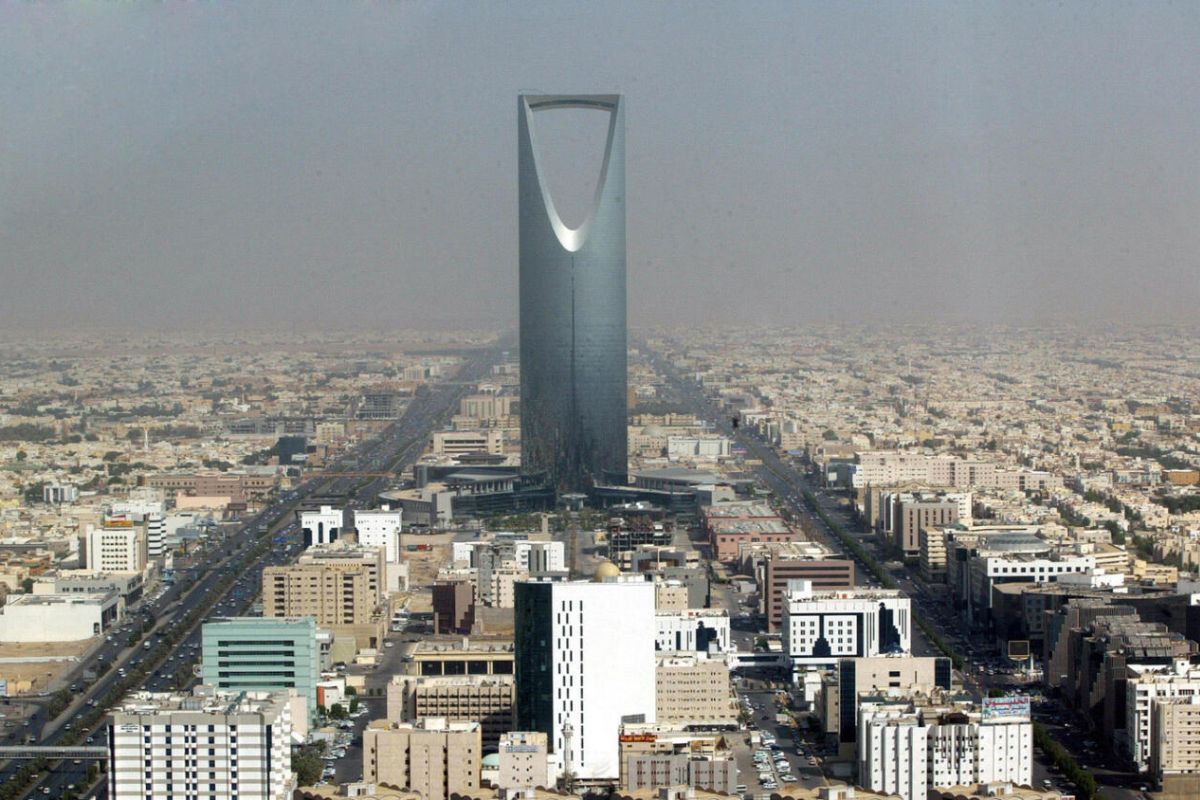GCC could be a global economic powerhouse with $13 trillion GDP by 2050

Combined GDP of the GCC countries has already touched the $2 trillion mark.
The GCC can emerge as a global economic powerhouse with the combined GDP of its six countries doubling to $13 trillion, up from a projected $6 trillion by 2050, if the region embraces a green growth strategy, according to a research report.
The combined GDP of the GCC countries has already touched the $2 trillion mark and investment in green and sustainable projects could transform the region into a global powerhouse, according to Gulf Investment Report 2023, published by Century International Holdings.
The UAE has invested more than $40 billion in clean energy over the last 15 years, and has plans to invest an additional $163.5 billion in clean and renewable energy sources over the next three decades on the road to net zero, the report noted.
Total FDI flow into the GCC region declined 17.91 per cent to $37.12 billion in 2022, down from $45.22 billion recorded in 2021, despite the UAE recording a 10 per cent increase in FDI from $20.66 billion in 2021 to $22.73 billion in 2022, according to the World Investment Report 2023. The region’s inward FDI stock rose to $529.78 billion at the end of 2022. This is at the backdrop of a 12 per cent decline in global FDI flow to $1.3 trillion in 2022.
In the GCC, the UAE stands out in terms of attracting investment. FDI inflow of $22.73 billion into the UAE in 2022 represents 61.24 per cent of the total FDI inflow of $37.12 billion into the GCC in 2022, the records show. The UAE ranks fourth globally in greenfield investment projects with the number of projects reaching 997 in 2023, according to the World Investment Report 2023
According to a report by Strategy&, the GCC countries can realise up to $300 billion in foreign direct investment if they move quickly to seize the opportunity of becoming a centre for Global Value Chains (GVC) that are being reconfigured towards resilient and sustainable industries,
“The GDP of the GCC region has already touched the $2 trillion mark. If the GCC countries continued business as usual, their combined GDP would grow to an expected $6 trillion by 2050. However, embracing a green growth strategy could see the GCC GDP grow to over $13 trillion by 2050,”
the World Bank said in an economic update.
“The GCC economies have been a bright spot in an otherwise dark economic landscape. Average growth in the GCC surpassed 7.0 per cent in 2022 led by Saudi Arabia, its biggest economy, which was globally the fastest growing large economy,”
said Issam Abou Sleiman, regional director of World Bank in the Mena region.
The Secretary-General of the GCC, Jassem Mohamed Albudaiwi, said that despite economic disruptions, policymakers in GCC countries have successfully alleviated the economic consequences of several challenges. The GCC nations experienced substantial growth in their GDP, reaching 7.3 per cent in 2022. Albudaiwi’s remarks came while attending the Arab Governors’ meeting with the President of the World Bank Group, Ajay Banga.
According to Forex.com analysts, the overall economic outlook for the GCC remains positive, especially after considering the current and projected growth in the non-oil sector, which is driven by thriving industries like hospitality, retail, travel and tourism, real estate, financial services, technology, and healthcare. Both the UAE and Saudi Arabia are poised for robust growth with an anticipated non-oil sector expansion of 4.8 per cent each during the second half of 2023. Other GCC countries also show positive trends despite the fact that oil production cuts may impact future growth.
News Source: Khaleej Times
